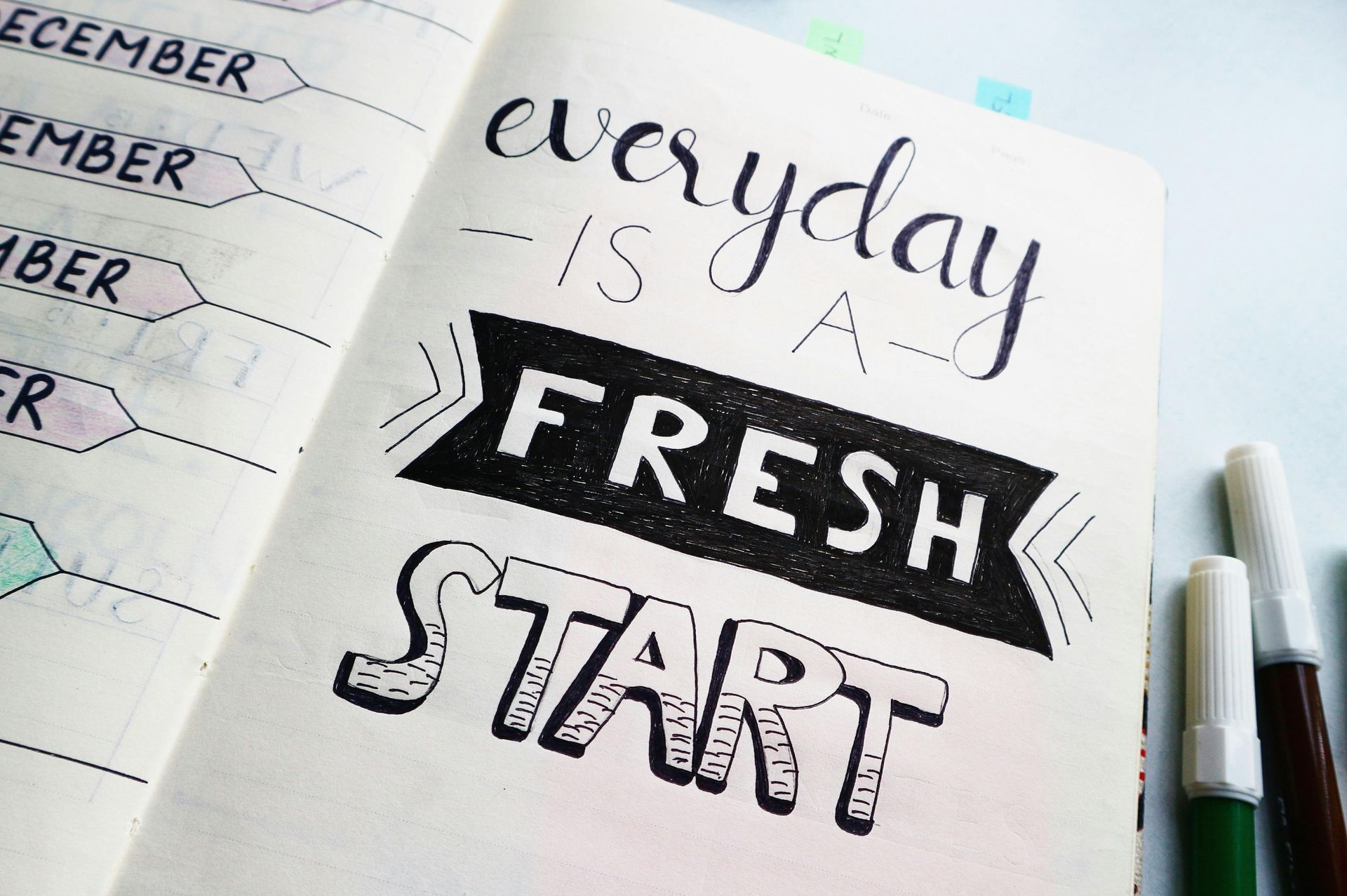Venue selection process
8 important points to consider
When it comes to making that final venue selection for your
event, here are 8 essential points you should consider:
1. Access – Accessibility is very important. This refers to the ability for everyone attending, regardless of disability or special needs to access the venue and use available facilities. Lack of proper access can exclude some of your event attendees and that is not good.
2. Location – If your event is going to be attended by people from varying locations, a centralised location is ideal. Good transport links, accommodation and parking facilities available should be checked out. Also, check out the environment around the venue, what else is around that could have a negative or positive impact on your event. For example - places of interest or point of attraction could be an extra pull if you expect international delegates. Whereas, an impending public protest or major construction works around a venue may disrupt your event.
3. Capacity – this refers to the venue’s overall capacity as well as that of the specific room you may have been offered. Find out if the meeting room or event space will allow your event to grow if required and be mindful not to choose a room too large. A half empty room does not provide a good impression of a successful event. All good venues provide you with details of their conference or meeting room features and capacities.
4. Technology – nearly all events rely on one form of technology or the other for presentations and communication with delegates. Be sure to check that the venue you select can provide the necessary technology as well as the support services required for your type of event.
5. Food & Beverage - almost certainly, food and beverage are a key feature on most event planning checklist. Whether a number of servings of tea/coffee with some snacks or an a la carte menu, ensure you know what catering options are available, quality of menu and the efficiency of delivery.
6. Costs – venue hire is a critically important aspect of your event budget. Ensure that any proposal you receive is comprehensive and has taken into account all the products and services you require from the venue as well as other costs such as fees and taxes. Beware of unexpected or hidden costs for administrative services, security and equipment not included in meeting room hire or day package rates.
7. Terms and conditions – a venue’s booking policy, knowing what is and isn’t allowed on its premises, minimum charges, deposit and payment terms, cancellation policy, etc are very important factors to consider before you make your venue choice.
8. Quality and Service Standards – creating a good impression is important so check that the venue is well maintained and of a good standard. The overall ambience including the obvious such as natural daylight, ventilation, signage, furniture and features need to match the style or theme of your event.
However, beyond the glitz (or lack of) of its facilities, the key players of how well a venue delivers on the day of your event is down to the staff . Knowledgeable and experienced staff play a big part in determining the level of service you receive and the venue’s ability to meet the operational requirements of your event.
Due to the intangible nature of services, it is not so obvious what level of service you can expect from a venue. However, there are a few things which give you an indication of what to expect. If you are selecting a venue that is well-known for hosting events or a well-known brand, you can easily check previous client feedback on a comparison site or ask for referrals from colleagues.
If you are able to make a site visit to the venue, ask the venue directly about their past experience and success with hosting events similar to yours. Another good way, is to see how quickly the venue’s sales team respond to your enquiry as well as the quality of their response. This can be indicative of what the venue’s service is likely to be like throughout your booking.
Searching and selecting a venue for your event can be challenging. Hopefully, this list gives you a good starting point. If you need help with your venue finding tasks and saving on venue hire costs, please get in touch with Lenio Hospitality’s venue finding team on 0203-617-1010 .





